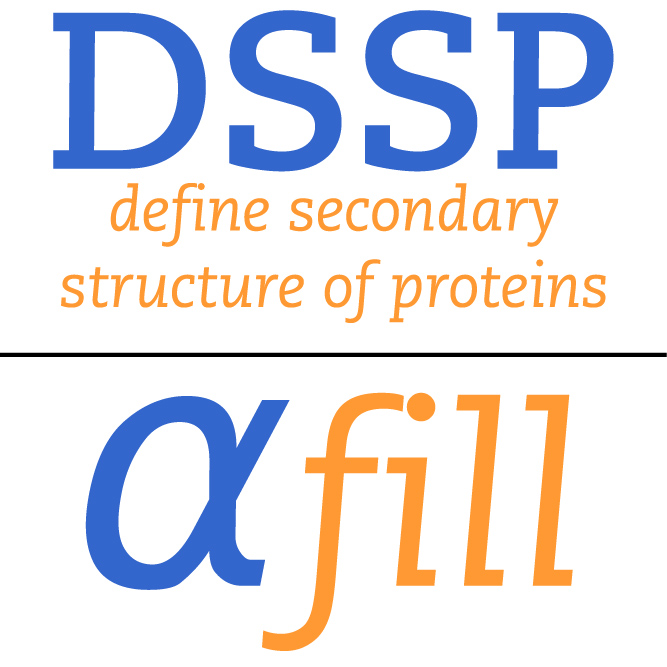30-Jun-2023
In addition to the huge range of physical and remote structural biology services available through Instruct, there are also several computational tools and technologies which can be used to supplement experimental data.
The Netherlands Cancer Institute (NKI) is part of Instruct-NL, and has a long history of developing innovative computational tools for structural biologists. The most recent of these include the AlphaFill system, based on AlphaFold and a new version of DSSP (Dictionary of Secondary Structure of Proteins).
These have both now been added to Instruct’s catalogue of computational services, and can be freely accessed by users to carry out calculations on their models.
AlphaFill
AlphaFill has been showcased through Instruct previously, with Ida de Vries giving a talk at the IBSBC Conference 2022 on Alphafill and the immense benefit it can have for the structural biology community. You can see the recording of this below.
AlphaFill provides additional context to existing AlphaFold models, “transplanting” missing ligands, cofactors and ions into the predicted structures. Users can also apply the same method to their own structures using the AlphaFill webserver. This allows users to more accurately design wet-lab experiments down the line. Explore AlphaFill here.
DSSP
Another tool designed to provide greater context to existing protein models, DSSP gives an elaborate description of the secondary structure elements in a protein structure. The DSSP was rewritten to support very large protein complexes and now also detects PPII helices (also known as κ-helices).
The detailed secondary structure descriptions can then be utilised for further wet-lab or computational studies. Readymade annotations are provided for all PDB entries and users can also annotated their of structure. Explore DSSP here.
